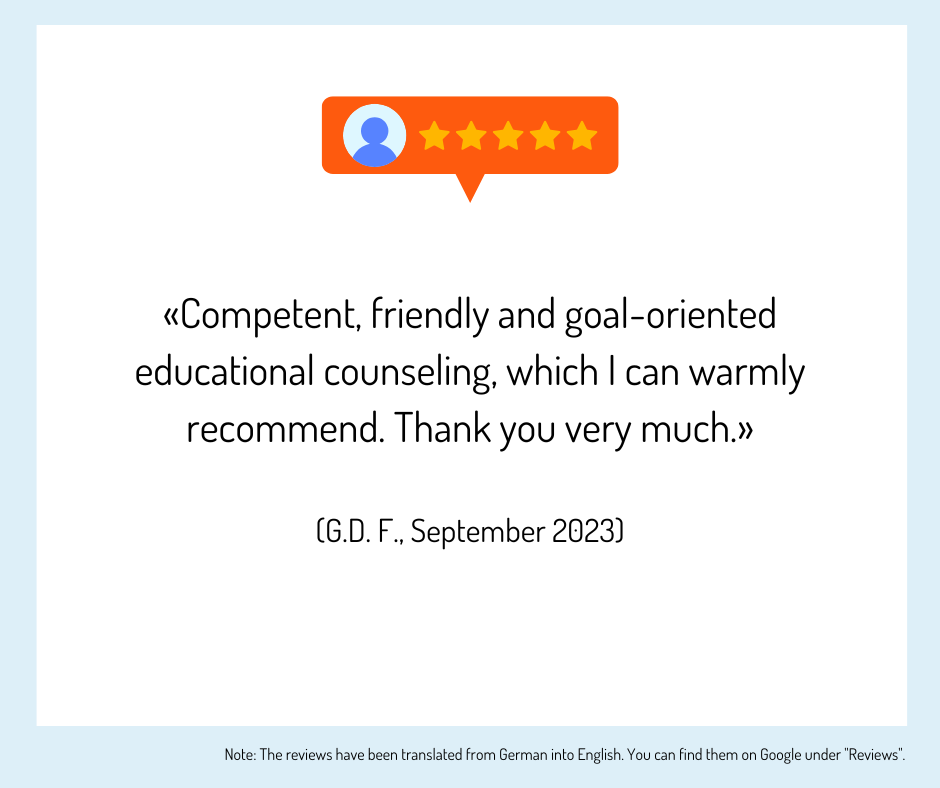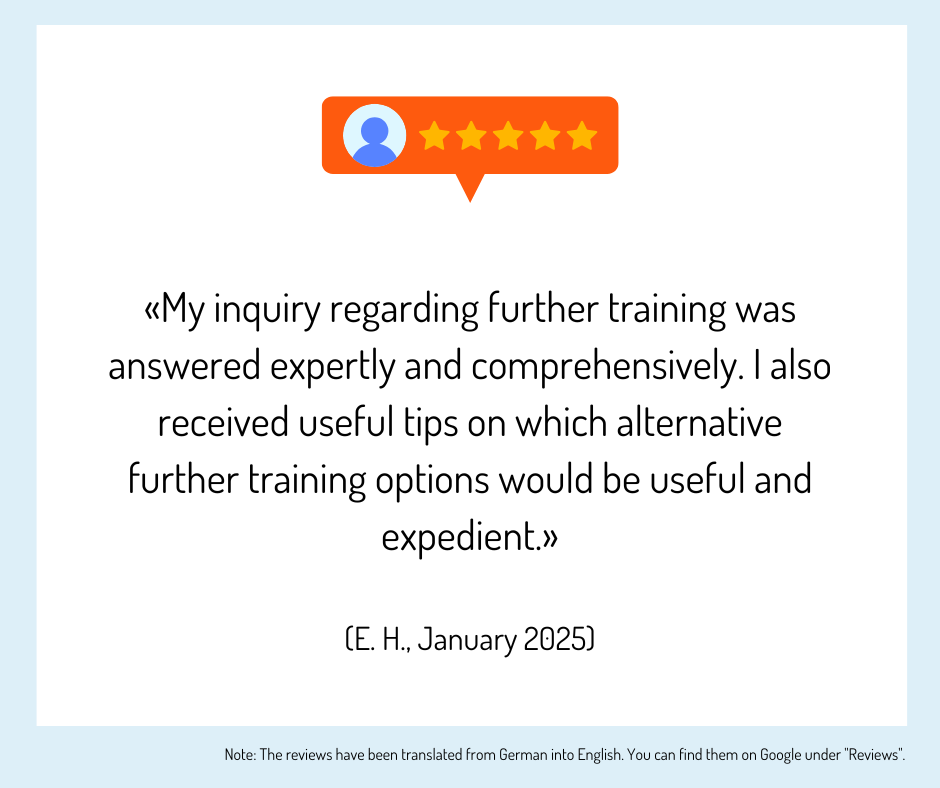Energy and environmental technician (HF): Overview of schools and information
Tipps und Entscheidungshilfen für die Ausbildungswahl
Questions and answers
What can a qualified energy and environmental engineer HF do?
A certified energy and environmental engineer HF can:
- analyze, project, plan and optimize technical systems across divisions
- optimize and increase energy efficiency and the environmentally friendly use of resources
- are proven specialists in energy issues within the company
- Increasing energy efficiency
- environmentally friendly use of electricity, heat and mobility
- Inclusion of ecology and economic efficiency as a basis for decision-making
- Implement and review internal measures and communicate success
- Contact persons for external consultants, authorities, employees and advise customers
- supplying companies with energy for the future (as part of Switzerland's energy and climate strategy)
What do you learn on the Energy and Environmental Engineering HF course?
The Energy and Environmental Technician HF course teaches you the following:
- Work techniques, self-management, knowledge management
- Communication, presentation technology
- English
- Mathematics
- Management modules:
- Project management
- Organization, process management
- Finance and accounting, investment accounting
- Leadership
- Personnel management
- Legal basis
- Quality, environment, safety
- Business Excellence with basic certificate
- Content Topic Energy:
- Energy basics
- Efficient energy use
- Renewable energies
- Energy conversion
- Storage and transportation
- Contents Topic Environment:
- Environmental basics
- Air, water, soil
- Waste disposal and recycling
- Safety and accident prevention
- Biodiversity and landscape
- Protection against NIS and noise
What are the aims of the HF degree course in Energy and Environmental Engineering?
The HF degree program in Energy and Environmental Technology pursues the following goals:
- Acquisition of comprehensive knowledge in the areas of energy generation, conversion, transportation and storage, energy efficiency, renewable energies, air, water, soil, waste disposal and recycling, sustainability, electrosmog, biodiversity and landscape
- Application of acquired knowledge in practice-oriented projects and term papers
- Continuously apply the skills acquired during your studies in your own professional environment
What are the tasks in the field of energy and environmental technology?
The tasks in the field of energy and environmental technology as a technician are
- Planning systems in the energy and environment sector
- Calculating the economic efficiency of energy systems
- advise various stakeholder groups on energy and environmental issues
- Examine existing systems in terms of energy efficiency and sustainability
- Managing projects for the use of renewable energy sources such as sunlight, geothermal energy, wind, water and biomass
- Managing the production, installation and commissioning of energy technology systems
- Advising companies, organizations and associations, public institutions and government bodies on energy and environmental management in the areas of water, waste, energy, transport, procurement, construction measures and renovations
Which EFZs are suitable for studying energy and environmental technology?
The following EFZ are suitable for a degree in energy and environmental engineering:
- Polymechanic EFZ
- Automotive mechatronics technician EFZ (car mechanic)
- Plant and apparatus engineer
- Production mechanic EFZ
- Draftsman EFZ
- Design engineer EFZ
- Electrician EFZ (electrical fitter)
- Computer scientist EFZ
- Electronics technician EFZ
- Telematics technician EFZ
- Automation technician EFZ
- Physics laboratory technician EFZ
What further training opportunities are available after studying Energy and Environmental Engineering (HF)?
After studying Energy and Environmental Technology (HF), the following further training opportunities are available:
- Offers from professional associations, vocational colleges and higher technical colleges
- University of Applied Sciences e.g. Bachelor of Science (FH) in Energy and Environmental Engineering, Systems Engineering, Mechanical Engineering, Microtechnology, Electrical Engineering or Computer Science
- Postgraduate level in the form of courses at universities of applied sciences and universities of applied sciences in areas such as energy systems, energy management, energy and resource efficiency, business engineering management, business administration, etc.
How do you become an energy and environmental engineer?
You can become an energy and environmental technician in three years with a part-time energy and environmental technology HF course. This usually requires an EFZ vocational qualification in a technical field. However, there are also exceptions "sur dossier".
Erfahrungen, Bewertungen und Meinungen zur Ausbildung / Weiterbildung
Haven't found the right training or further education yet? Benefit from educational advice now!
Further training is not only important in order to maintain or increase professional attractiveness, investing in training or further training is still the most efficient way to increase the chances of a pay rise.
The Swiss education system offers a wide range of individual training and further education opportunities - depending on your personal level of education, professional experience and educational goals.
Choosing the right educational offer is not easy for many prospective students.
Which training and further education is the right one for my path?
Our education advisory team will guide you through the "education jungle", providing specific input and relevant background information to help you choose the right offer.
Your advantages:
You will receive
- Suggestions for suitable courses, seminars or training programs based on the information you provide in the questionnaire
- An overview of the different levels and types of education
- Information about the Swiss education system
We offer our educational counseling in the following languages on request: French, Italian, English
Register now and concretize your training plans.











